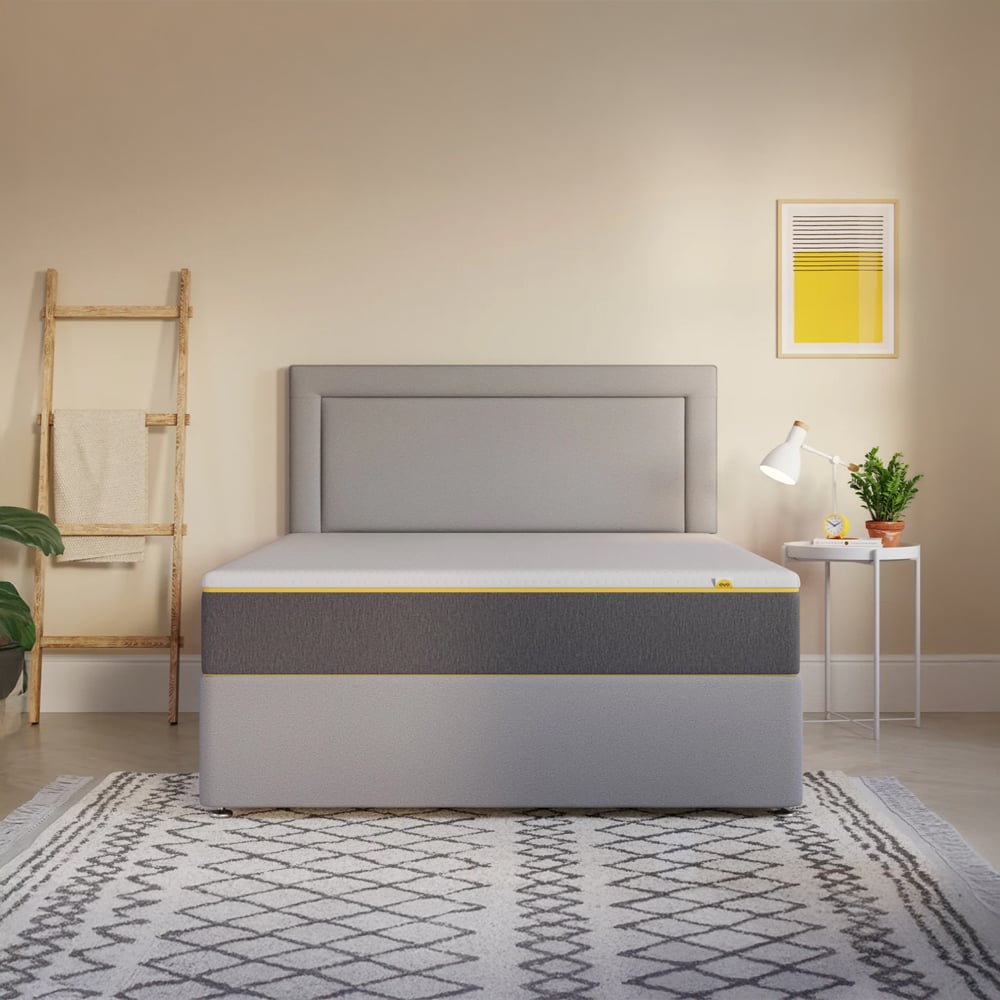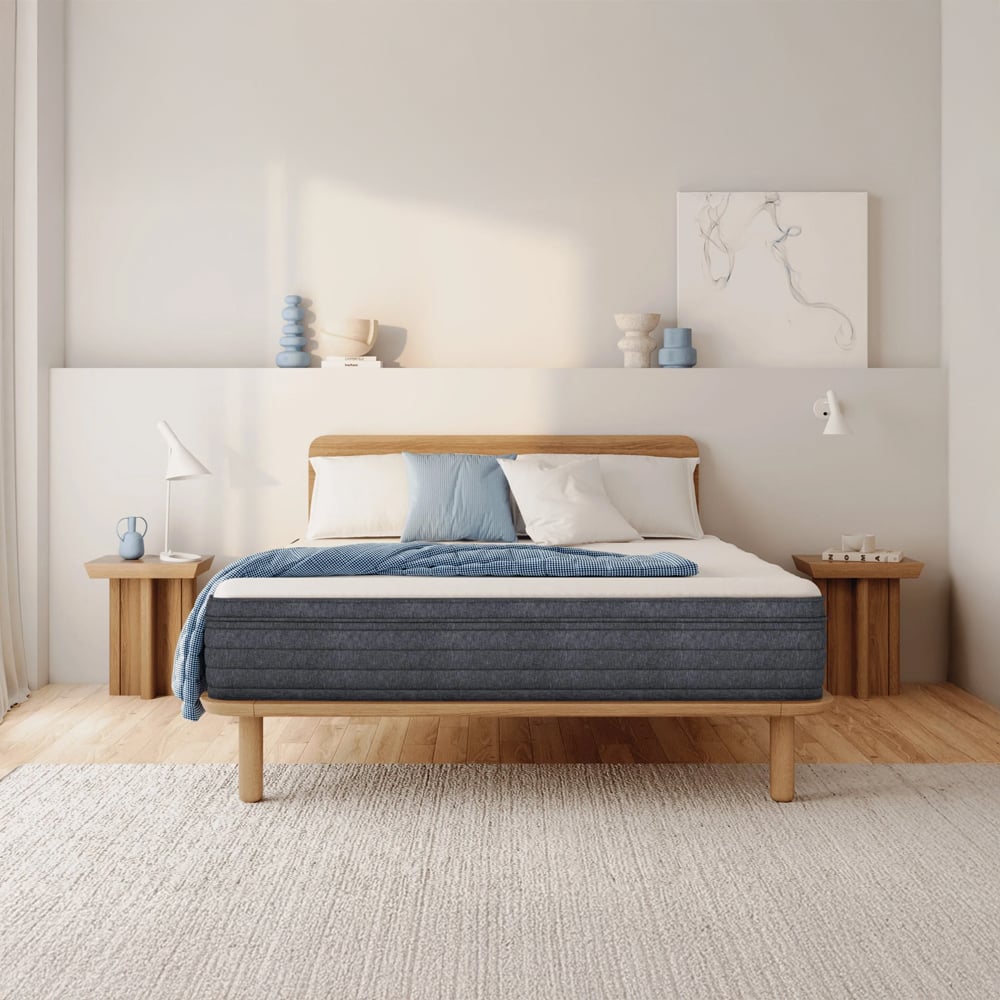While some allergies are seasonal, others are not and can affect you all year round. Dust mites are the most common allergy triggers in the bedroom. While dust mites themselves don't affect your allergies, their droppings contain proteins that can cause an allergic reaction. From ways to make your bed allergy-friendly to the best hypoallergenic mattresses, our guide has all the answers you need to get a good night's sleep with an allergy.
Some of the world's best loved products are designed with comfort in mind. Yet, for those who suffer from allergies, this is little consolation when it comes to getting a good night's sleep. Allergies that are triggered by substances in the bedroom can be extremely irritating and uncomfortable, affecting your quality of life. They can also play havoc with your sleep – and a good night's sleep is essential for keeping your immune system healthy.
Dust mites can cause a number of health issues ranging from coughing and sneezing to irritation and wheezing, none of this is pleasant and all can be avoided - to an extent - by making the right choice with your mattress.
If you suffer from allergies, it’s important to get the right mattress for you and your budget. To reduce the intensity of symptoms for those that suffer, your new mattress should be hypoallergenic, anti-allergy or non-allergenic.
There are certain bodies and companies that endorse and offer a degree of oversight in the allergy segment of the mattress market, most notably, Allergy UK, who offer a seal of approval on many of the mattresses we’ve listed below.














